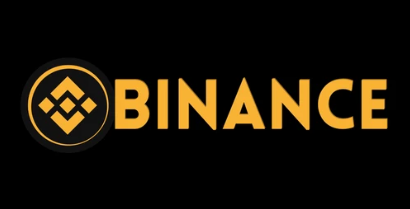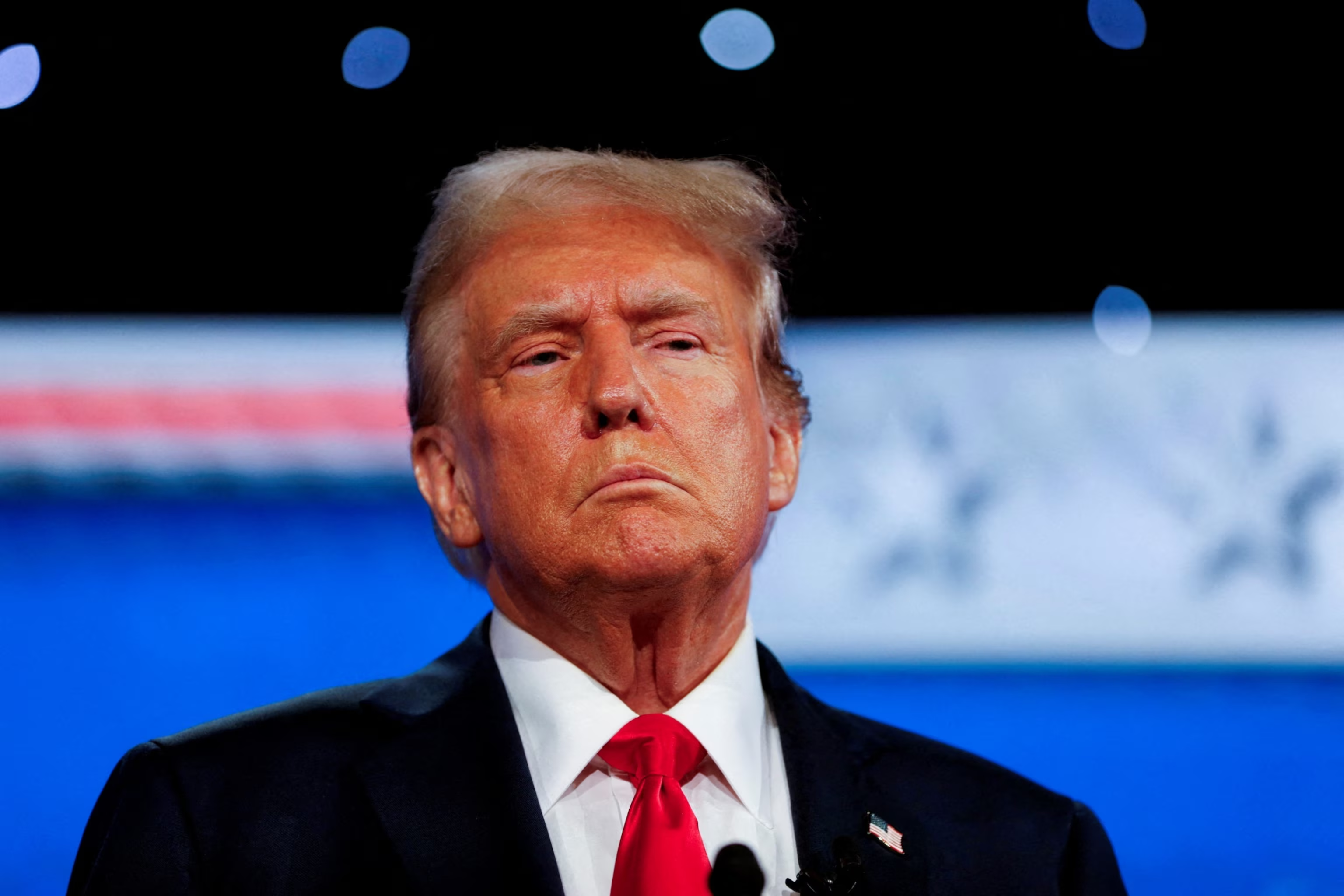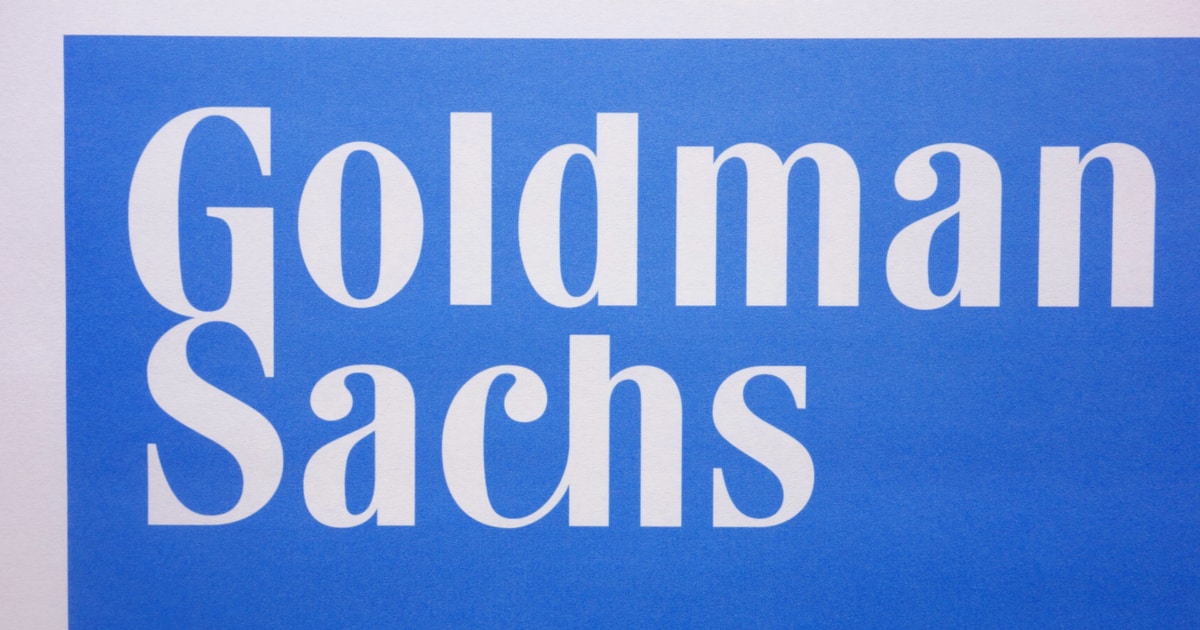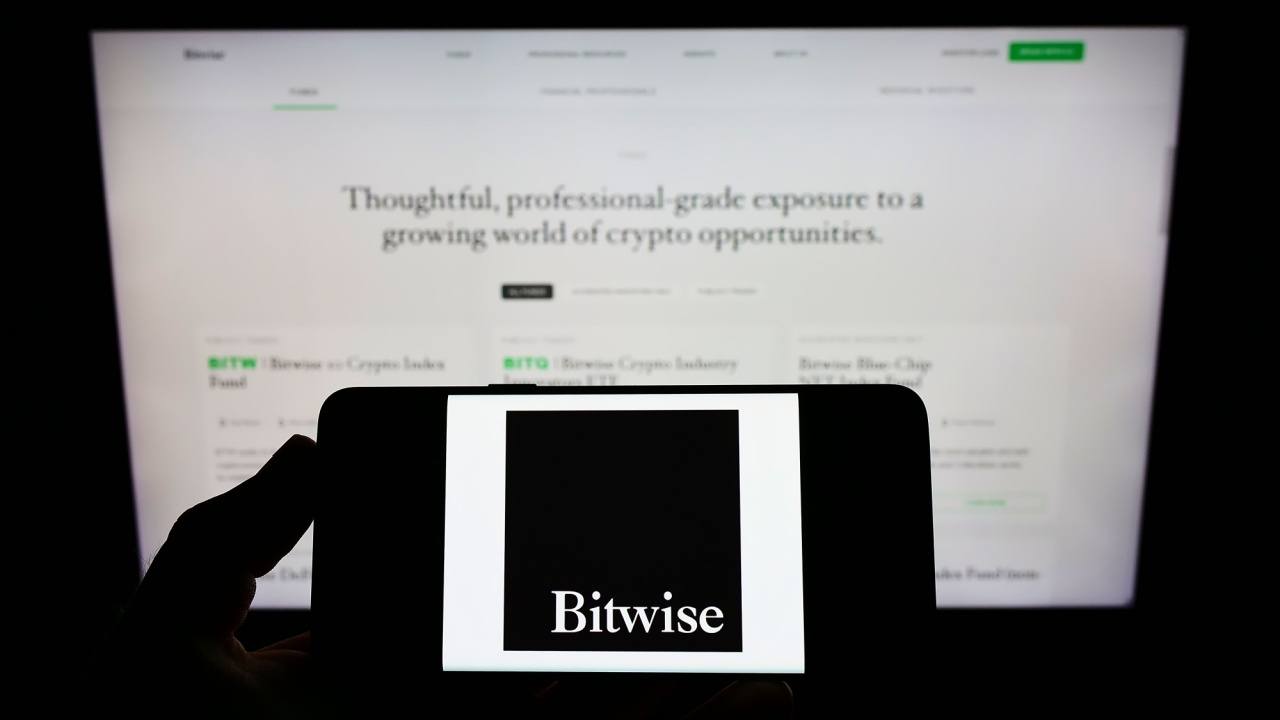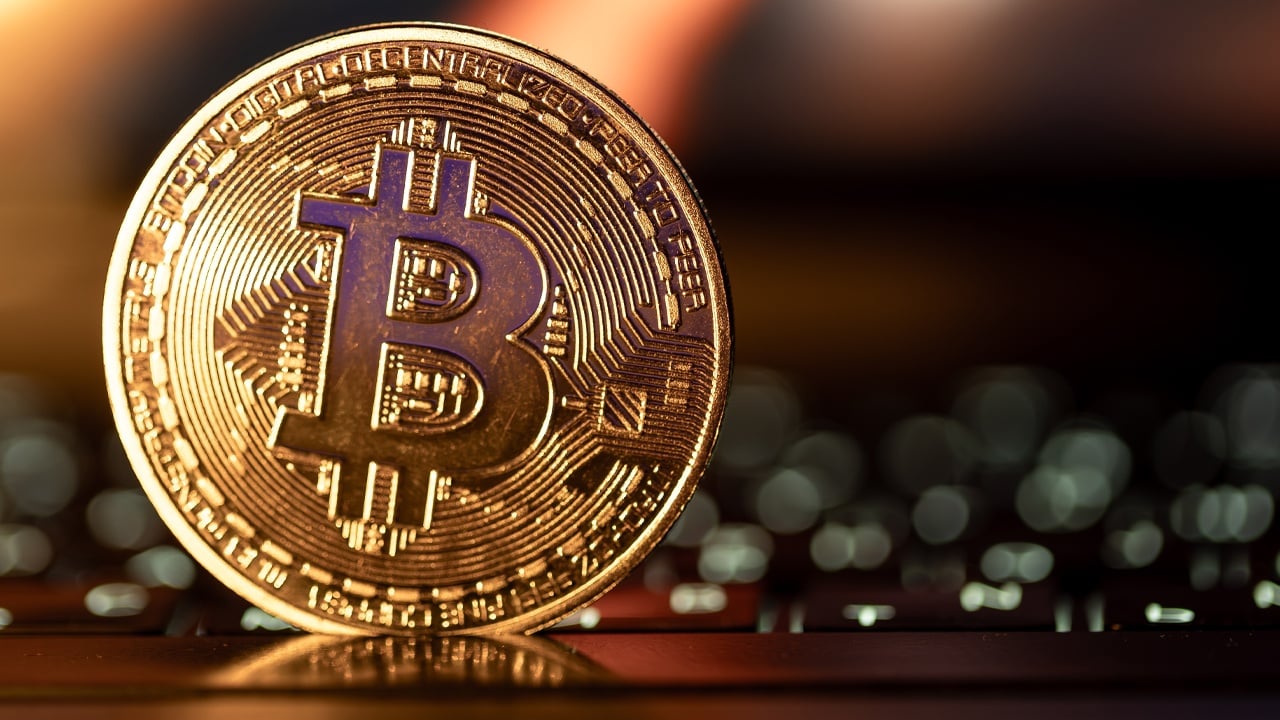The local cryptocurrency platform Philippine Digital Asset Exchange (PDAX) is expressing optimism about the expansion of its business, seizing a promising opportunity following the Securities and Exchange Commission’s intentions to obstruct the operations of the digital currency exchange behemoth, Binance, within the Philippines.
PDAX perceives the regulatory landscape as a catalyst for its growth, capitalizing on the vacuum created by potential restrictions on Binance, a move that could redirect the attention and transactions of the cryptocurrency community toward PDAX’s platform.
PDAX Seizes Crypto Opportunity Amidst Regulatory Shifts
The envisioned market dynamics indicate a favorable environment for PDAX to establish itself as a key player in the local digital currency exchange space, further solidifying its position amidst evolving regulatory developments.
In accordance with Republic Act No. 8799, often known as the Securities Regulation Code, or SRC, Binance is not permitted to sell or offer securities to the public in the Philippines, the SEC confirmed in late November.
In order to prevent access to Binance in the Philippines, the SEC requested that the Department of Information and Communications Technology and the National Telecommunication Commission take action.
Regarding the regulatory framework for cryptocurrency in the country, PDAX CEO Nichel Gaba mentioned that the country’s central bank, the Bangko Sentral ng Pilipinas, continues to be in favor of various forms of financial innovation.
As of today, the market cap of cryptocurrencies stood at $1.56 trillion. Chart: TradingView.com
According to him, there has been a notable enhancement in the supervisory capabilities of the central bank this year. He emphasized that the current regulatory requirements are considerably more intricate compared to previous standards.
“This year, they really improved their supervisory capabilities […] the requirements are much more complex than it was,” Gaba said.
PDAX Poised To Capitalize On Binance Ban
A ban on Binance, according to Gaba, will force thousands of Filipinos to look for other legal avenues to exchange their digital assets, such as Bitcoin. PDAX aims to attract a portion of these disgruntled merchants who might first be hesitant to transact on a local platform.
Similarly, Gaba thinks that the large-scale departure of Binance traders will increase the amount of cryptocurrency traded in the Philippines to $6 billion by 2024.
Investors in the Philippines who have assets on Binance will have three months from the date of the advisory’s issue to withdraw their funds before the ban takes effect.
PDAX previously stated that cryptocurrency is gaining popularity in the Philippines and is gradually becoming widely accepted.
Nevertheless, like other forms of trade, the cryptocurrency market has had a period of decline since then, which was exacerbated by the challenges encountered by Binance, the world’s largest cryptocurrency exchange.
Featured image from Shutterstock
Credit: Source link

